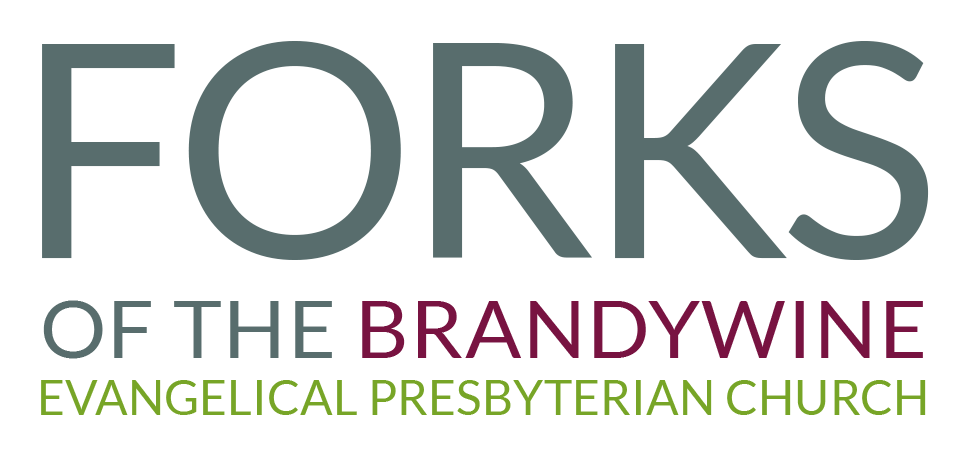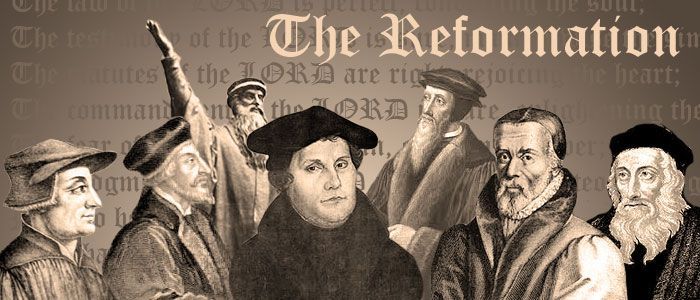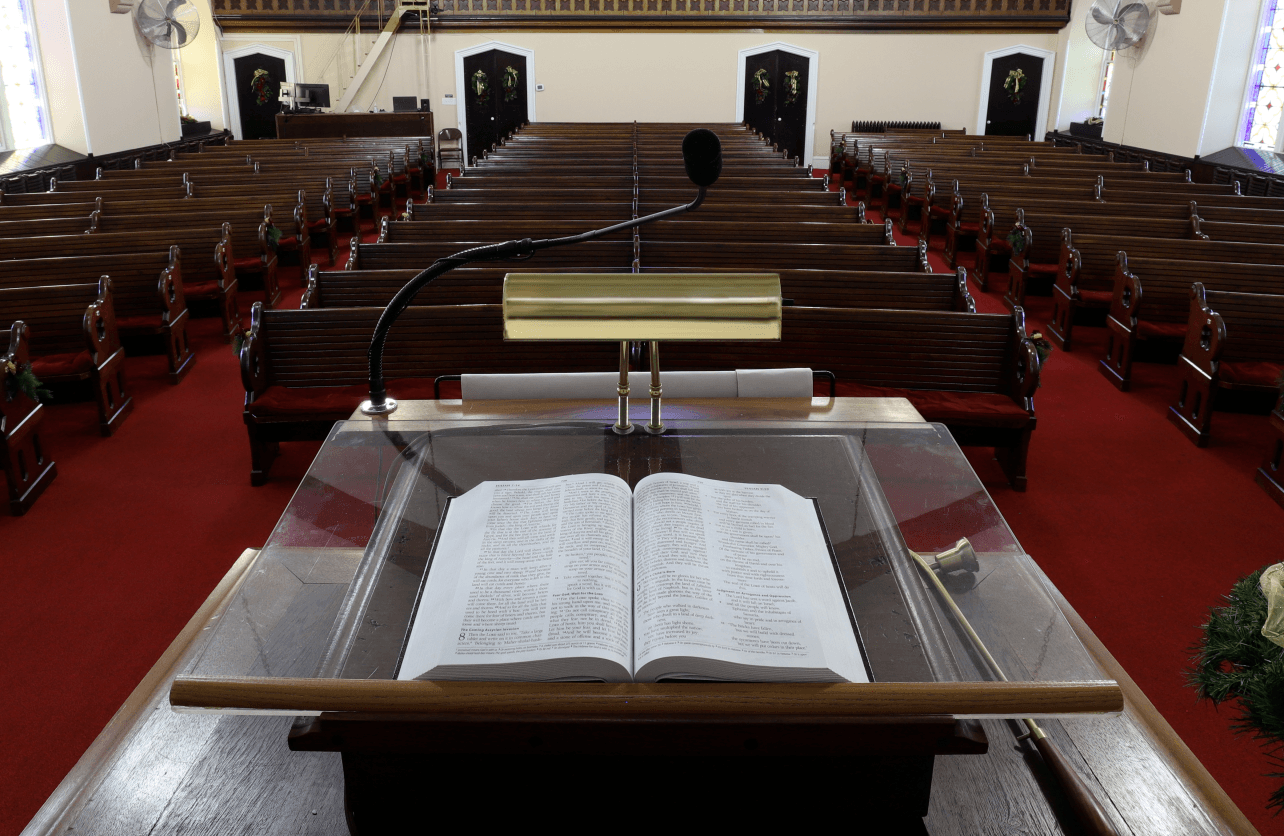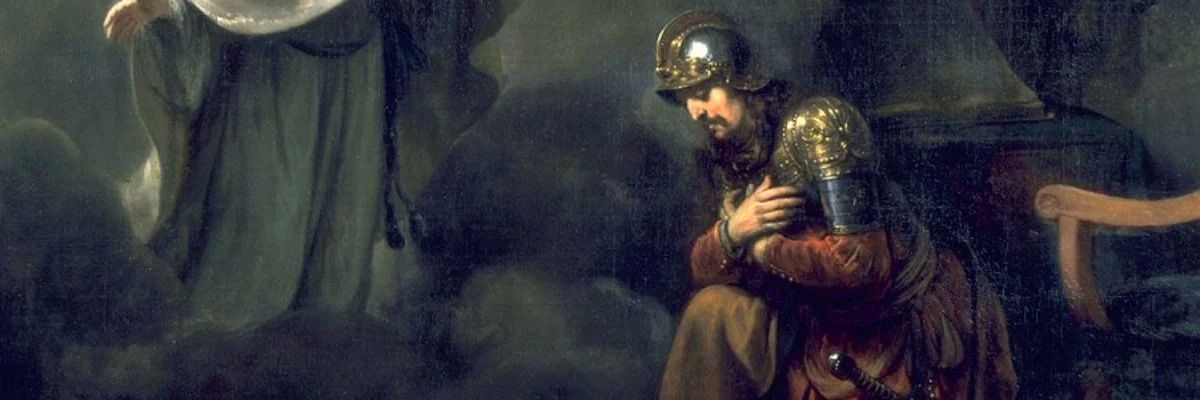The Magi
Prophecy Turns into Story
One of my favorite scenes in the Nativity story is the visit of the magi. This story inspired the Christmas carol “We Three Kings.” I always loved the second stanza of the song: “Born a King on Bethlehem’s plain, / gold I bring to crown him again, / King forever, ceasing never, / over us all shall reign.” This carol captures well the scene in Matthew chapter 2, where the magi in the east see the star appear in the sky, “westward leading, still proceeding, / guide us to thy perfect light.” The magi follow the guidance of the star to Jerusalem, and then they follow the guidance of Scripture to Bethlehem, where the star stood directly over the place where the child Jesus resided. My favorite part of the story is when the magi
finally enter the house and see Jesus with their own eyes. Matthew says “they fell to the ground and worshiped him. Then, opening their treasures, they presented to Him gifts of gold, frankincense, and myrrh” (Matthew 2:11).
When predictions in the Old Testament come to pass, prophecy turns into story; texts turn into history. That is what happens in the visit of the magi. Matthew has taken an Old Testament prophecy and turned it into a story, which is called a fulfillment narrative. The visit of the magi is the fulfillment of Isaiah 60:1-6. Grab your Bible and read those six verses. The resemblance to Matthew 2 should leap off the page. Isaiah begins the prophecy like this, “Arise, shine; for your light has come, and the glory of the LORD has risen upon you” (60:1). This refers to the rising of the star in the east. Isaiah continues, “Nations will come to your light, and kings to the brightness of your rising” (60:3). The magi are not Israelites. They are from the nations of the east, and when they see the star rise they follow it, just as Isaiah predicted. By the way, Matthew never calls the magi “kings,” but they are depicted as “we three kings” because they are the fulfillment of Isaiah 60:3, which calls them kings. Finally, Isaiah says, “The wealth of the nations will come to you. A multitude of camels will cover you, the young camels of Midian and Ephah; all those of Sheba will come; they will bring gold and frankincense” (60:5-6). This is why the magi are depicted as riding camels, a detail that Matthew does not mention. Matthew also does not say there were specifically three magi. Where does that detail come from? It comes from the number of gifts the magi bring to Jesus. Isaiah mentions gold and frankincense; Matthew adds myrrh as a third gift, possibly because this spice was associated
with the land of Sheba mentioned by Isaiah.
This is one of my favorite scenes in the Nativity story for two reasons. First, it shows us how God fulfills his word in history. Isaiah’s prophecy came to pass because God watches over his word to perform it. His word never returns void. It always accomplishes his purposes. Second, it shows me, as a Gentile, what my posture should be before Christ. Like the magi, I too am from the nations, and I too want to come to Jesus like they did. I want to go to him with joy; I want to fall before him in worship; I want to give him my treasures because I treasure him above all; and I want him to be my king forever. O let us be like these magi! Let us come to the light of Christ, follow wherever he leads, and give him our all—this Christmas, and always.
Grace and peace,
Pastor Wesley
The Pastor's Pen
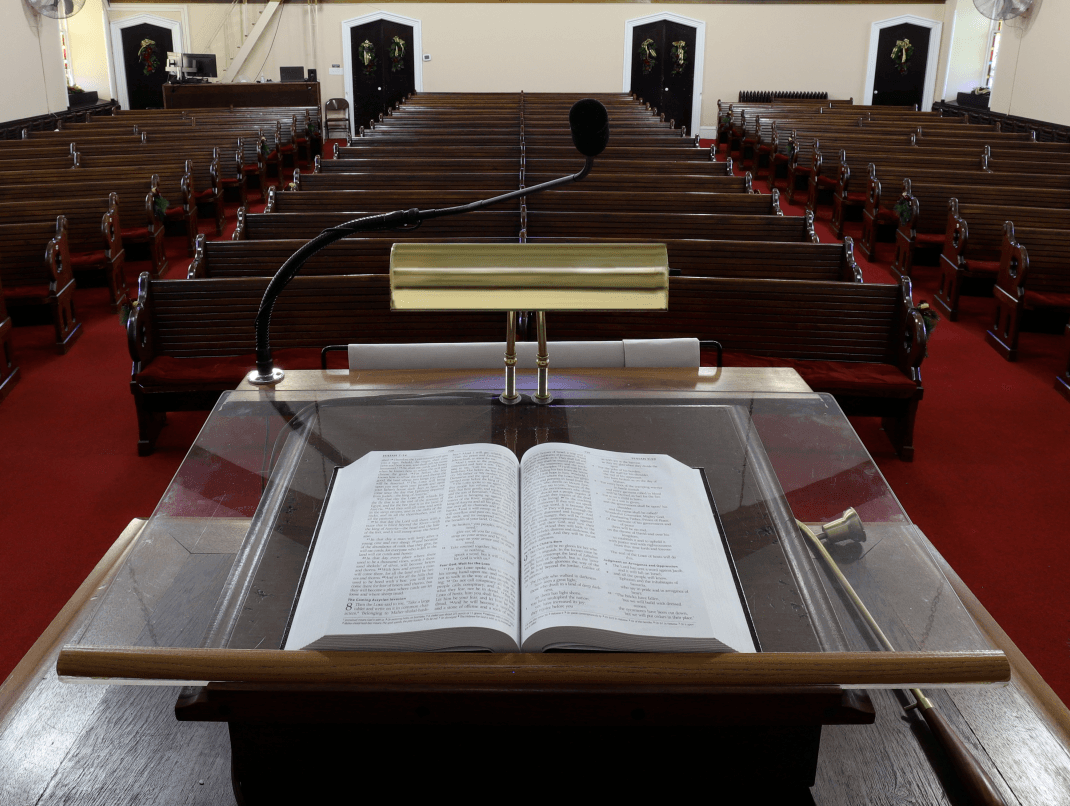
Glorifying Christ in Joyful Community through Worship, Fellowship, and Witness
Useful Links
Contact Info
Want to support our Ministry?
All rights reserved.
“Scripture quotations are from the ESV® Bible (The Holy Bible, English Standard Version®), copyright © 2001 by Crossway, a publishing ministry of Good News Publishers. Used by permission. All rights reserved. The ESV text may not be quoted in any publication made available to the public by a Creative Commons license. The ESV may not be translated in whole or in part into any other language.”
Created and Hosted with BUILD by One Eleven

